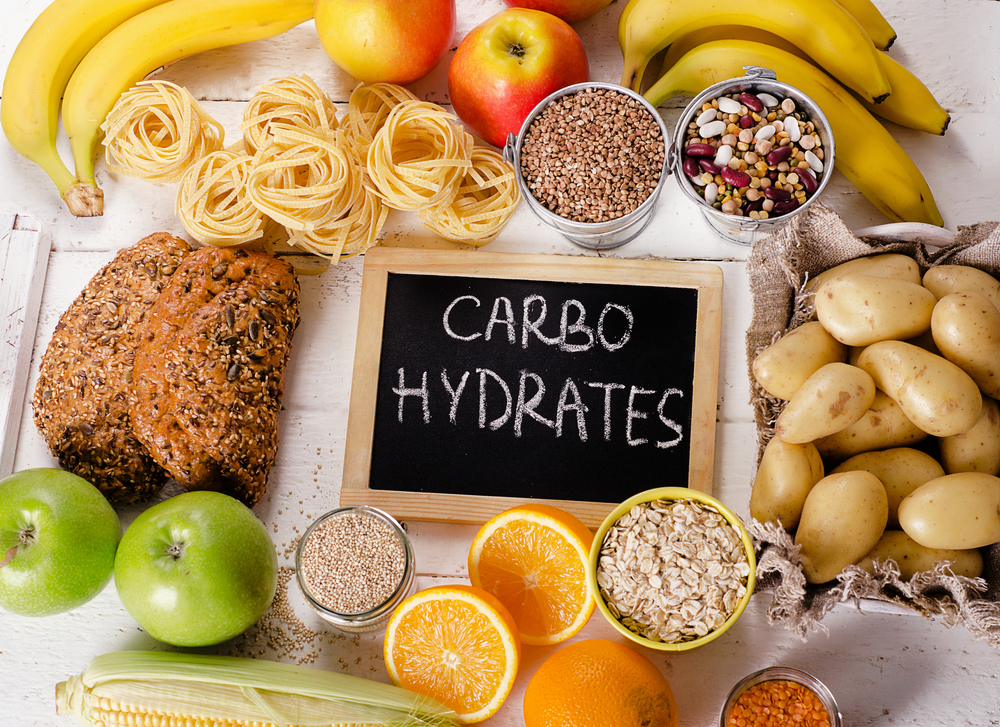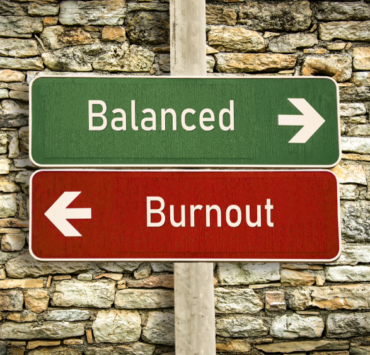
Food is probably bottom of your list when you’re considering all the factors that contribute to workplace productivity and performance. We’re all trying to stay on top of deadlines and meetings, and food can become an afterthought.
But ask yourself this: what was the most productive workday you had last week? And what did you have for lunch that day?
Our diet at work can affect us more than you might think. Food directly impacts our cognitive performance, and eating healthily at work can prevent cognitive deterioration and even the onset of dementia. A poor decision at lunch can have more consequences than you’d expect.
It’s essential to understand how your diet can affect your productivity before you can start making positive changes in your food choices. Let’s look at why eating well at work is so essential for your performance and general wellbeing.
Related: How to Improve Employee Happiness and Productivity (and Why You Should)
Why Is What I Eat at Work So Important?
Almost everything we eat is converted into glucose by our body, which provides energy to our brain, muscles, heart, and liver. Our brain needs this energy to stay alert and focused. When our body is running low on glucose, our attention drifts quickly, and it’s hard to concentrate.
This might not be news to you, but perhaps you’ve never thought about how our bodies process foods at different rates. For example, simple carbohydrates like fruit juices release glucose quickly. This leads to a high burst of energy followed by a collapse. High-fat meals (fast-food like burgers) give your body more sustained energy but also mean our digestive system has to work harder — leading to bloating and constipation.
A Cycle of Bad Decisions

The spike-and-crash cycle can leave you feeling groggy and tired. A balanced meal containing protein, fiber-rich carbs, and healthy fats will take longer for your body to digest. This slows down the release of glucose so your energy will remain sustained without the risk of you crashing.
We’re all guilty of making poor decisions regarding our diet at work. When we’re looking for something to eat, we’re low in energy anyway, which doesn’t help our self-control.
Unhealthy, quick lunch options are often more cost-effective and easier than healthy alternatives. When you’re busy, a fast McDonalds can seem like an efficient choice. But, you end up paying for it with a weaker performance for the remainder of the day.
Unfortunately, fast food is delicious, and there’s no denying it. It’s designed and enhanced to be that way. So, to revolutionize your eating habits at work, you’ll need an action plan. Here are some strategies to promote productivity at work through what you drink and eat.
Related: Spotting a Lack of Productivity in the Workplace: 5 Warning Signs to Look Out For
Drink Lots of Water!

You need to drink enough water to stay on top of energy levels. One way you can do this is to have a 2L bottle of water on your desk and aim to finish it by the end of the day. And if you do finish it by the end of the day — refill it and drink that too.
There’s much to be said about the advantages of drinking enough water. You’ll feel more alert and awake, amongst other health benefits. This includes helping with digestion, preventing constipation, and feeling fuller — which will prevent you from snacking on unhealthy foods.
Don’t Skip Breakfast
It’s time to make eating breakfast in the morning a priority, despite the morning rush to start work. Breakfast is “the most important meal of the day” for a reason. Eating breakfast kick-starts your metabolism. When you skip breakfast, it can interrupt your body’s rhythm of eating and fasting. Your blood sugars are usually low as soon as you wake up, so breakfast is key to replenishing energy for your muscles and brain.
If your body isn’t fuelled up in the morning, you’ll feel tired and energy deficient, leading to overeating later. It’s also a chance to consume essential vitamins and nutrients from grains, fruits and dairy — foods you might not eat at other meals.
Don’t have time in the morning? Then try to prepare something the night before to make your life easier. Greek yogurt with oats, nuts, and fruit can be left in the fridge overnight; alternatively, hard boil a couple of eggs to have in the morning. You don’t have to cook porridge in the pan either. Put it in the microwave for a few minutes (with either milk or water) and sweeten it with honey. Plenty of healthy choices are available, and it’s more a case of committing to eating healthy food at work and making it part of your routine.
Make Decisions Before Hunger Strikes
Don’t make the decision about what you’re eating for lunch at midday. As we’ve mentioned, it’s easy to make a quick and easy choice — especially if you’re ‘hangry’. It’s a good idea to control your diet at work. You’ll end up saving money if you make and prepare your lunch. Remember that healthy snacks throughout the day will help maintain your glucose levels.
Stock up on Healthy Snacks
When hunger strikes, the temptation is to reach for a biscuit or the nearest snack available. This makes healthy snacking harder to achieve. Keep your drawer stocked with healthy snacks instead of spontaneously seeking food when you’re hungry. Nuts, dry fruit, and healthy energy bars are all viable options.
The Power of Omega 3
Not all fat is unhealthy. Omega 3 fatty acids are the healthiest fats out there, with a host of health benefits. Essential for eye and brain development, heart health, and lowering blood pressure — introduce more Omega 3 into your diet at work. Natural Omega 3 is found in oily-cold water fish such as salmon, mackerel, sardines, and trout. Improve brain function by eating oily fish at least three times weekly for a more productive working day.
Which Foods Can Boost Productivity at Work?
So you’re keen to start your new diet at work, but you’re not sure which foods can help you avoid the dreaded afternoon slump. Under each food group, we’ve listed some foods that you can incorporate into your daily eating routine at work.
Carbohydrates

Carbohydrates are our body’s main source of energy. Carbohydrates come in different forms — sugars, starches, and fiber. For your work diet, you’ll need complex carbohydrates found in whole grains, pasta, and cereals. They release energy at a slower rate which is beneficial for exercise and your brain.
But as with many things in life, a balance is important. Consuming too many carbohydrates can deplete productivity, leaving you bloated and fatigued. Here are some beneficial carbohydrates that can help you enhance workplace productivity:
-
Brown rice – has more nutrients than white rice and is high in magnesium and fiber. Magnesium is proven to reduce levels of stress and anxiety.
-
Whole grains – Like quinoa and millet.
-
Dark chocolate – Cocoa flavonoids improve cognitive function but make sure to choose dark chocolate that is low in sugar but high in cacao.
Protein
Protein is made up of amino acids — the building blocks of life. Protein can help your body repair cells and muscles, but too much becomes excess fat. A recent study found that those who consumed high levels of protein had higher global cognitive function with improved memory.
Aside from oily fish, other foods can provide your body with protein:
-
Lean meat – has more nutrients than white rice and is high in magnesium and fiber. Magnesium is proven to reduce levels of stress and anxiety.
-
Lentils – A good source of fiber and protein.
-
Seeds and nuts – Low in fat and salt, and good for your health, seeds and nuts contain antioxidants that reduce the improve cognitive function risk of diabetes and heart disease.
-
Eggs – Offering a range of health benefits, eggs are protein and nutrient-rich.
-
Dairy foods – Like cheese, milk, and yogurt are good sources of protein and calcium.
Protein
As you can see, spending time and committing to healthy food at work can have beneficial effects, not only on your productivity — but also on your health. It’s all about achieving the optimum balance to maximize workplace performance, whether you work from home or in the office.
Handdy can help you boost productivity in your workplace with employee monitoring software. Track time, attendance, and performance remotely stress-free. Start your free trial today



